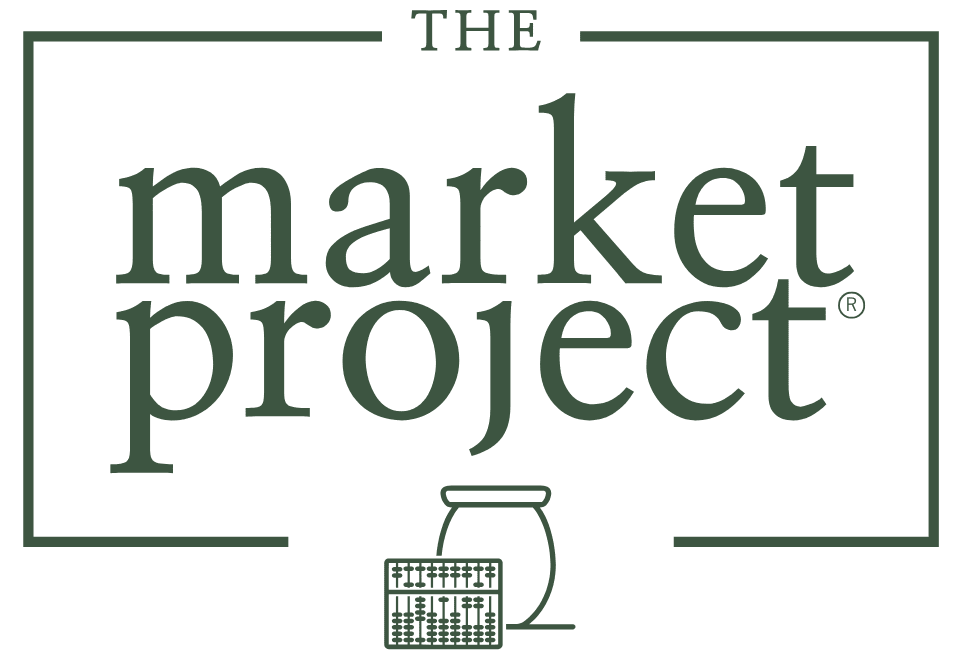Top 10 Terms to Know, Part 1

As you’ve read material from The Market Project, you may have come across some terms that are not entirely familiar to you. To better communicate our purpose and mission to our readers, we have compiled a list of the top 10 key terms to know.
This post includes terms 6-10 with definitions and significance to TMP. Whether you’re new to our work or just looking to expand your knowledge, we hope you find this list helpful.
10. Trauma
According to the Substance Abuse and Mental Health Services Administration, trauma is “an event, series of events, or set of circumstances that is experienced by an individual as physically or emotionally harmful or life-threatening and that has lasting adverse effects on the individual’s functioning and mental, physical, social, emotional, or spiritual well-being.”
In our business and workplace locations, such as in northern Uganda, a significant portion of the local population has experienced trauma. This can include human trafficking, abduction, assault, witnessing violence, and more. The Market Project’s mission – to build businesses and create workplaces that are transformative and dignity-affirming for survivors of complex trauma – is crafted to address the associated effects of their experiences.
9. Trauma Healing
Trauma Healing is the recovery and reversal of adverse mental, physical, social, emotional, and spiritual effects brought on by trauma. In a 2004 blog post on the Beyond Intractability website, titled, Trauma Healing, Assistant Professor of Political Science Eric Brahm suggests, “The goal of trauma healing is to give victims a feeling that they have control over their lives again.”
We work toward trauma healing by providing survivors with stable, dignity-affirming employment – a key factor in not only healing trauma from the past but also preventing further trauma. To be clear, we do not provide aftercare services (see: Trauma Care Organizations below) or counseling programs through our organization but instead partner with existing organizations that engage in aftercare work. This allows us to connect our employees with local organizations that are attuned to cultural specifics and to separate a workplace manager’s responsibilities from the role of a therapeutic relationship.
8. Trauma Care Organizations
An organization that specializes in aftercare for survivors of trauma. Typically aftercare includes individualized medical and emotional care, as well as physical support, including food and clothing, or even housing. Longer-term aftercare can include life skills and vocational training, and basic education. These services help provide a foundation on which survivors begin to rebuild their lives. We partner with trauma care organizations, as mentioned above, to offer opportunities for job placement and on-the-job skills development.
7. Dignity-Affirming Work
Work that recognizes and asserts the intrinsic value of the worker; work that demonstrates the inherent qualities of the worker.
Dignity stands in contrast to humiliation, degradation, and dehumanization. Dignity-affirming work stands in stark contrast to forced labor and human trafficking situations. Those environments do not value the individual as a human worthy of respect but only as a tool to be used to serve the taskmaster or trafficker’s end.
We strive to provide a dignity-affirming workplace for survivors. Further, taking a strengths-based approach, employees are encouraged to discover what job assignments are in keeping with their abilities or what training is necessary to succeed in a particular task.
6. Sustainable Work
Work for a business that meets real, consistent market demands, which allows it to make a profit and thus pays its employees on a regular, dependable basis.
We create transformative and dignity-affirming jobs in market-based businesses for survivors of trauma, exploitation, and trafficking. These jobs build skills and promote flourishing in community to advance the survivor’s healing journey.
Thank you for taking the time to learn more about the work we do. Stay tuned for Part 2 of this list, where we dig into Supportive Community, Human Trafficking, and more.
Stay up to date on our impact
Join our email newsletter to hear stories of our work.
